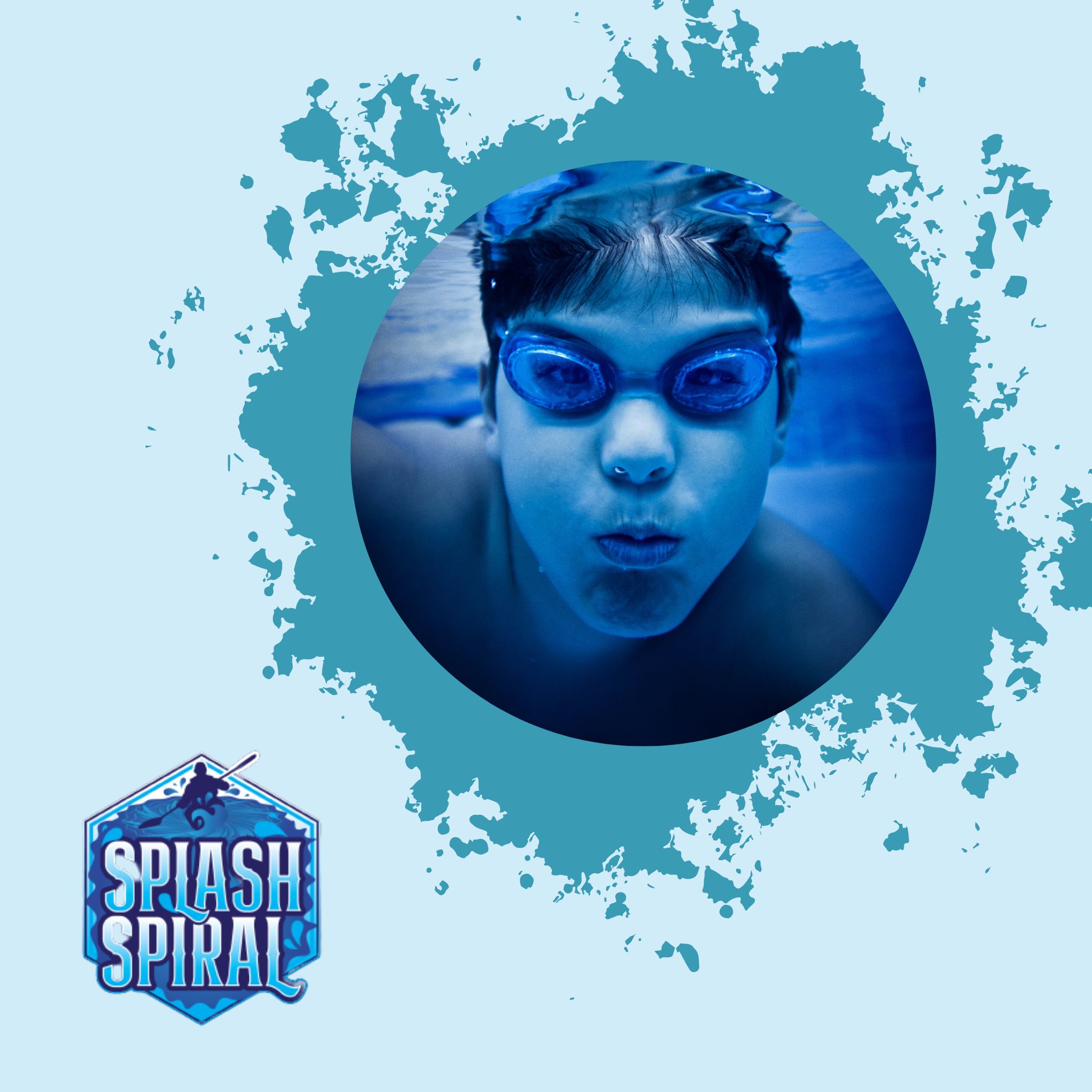
Scuba diving is a fascinating and exciting activity that has been growing in popularity around the world. People venture into the depths of oceans and seas to explore incredible underwater landscapes, observe marine life, and discover sunken treasures.
From beginners to experienced divers, scuba diving provides an opportunity for adventure, learning, and relaxation. In recent years, advancements in technology have made scuba diving more accessible than ever before.
More people are gaining access to specialized training, equipment, and certification programs. This makes it easier to learn how to dive safely while enjoying all that the underwater world has to offer.
The Importance of Breathing Properly While Scuba Diving
Proper breathing is essential for safe scuba diving. This may seem obvious at first glance, but holding one’s breath while diving can be very dangerous.
The human body isn’t designed to hold its breath underwater for long periods of time. Breathing properly during a dive helps regulate oxygen intake and release carbon dioxide (CO2).
It also maintains proper buoyancy control which allows divers the freedom to move around underwater with ease. Understanding how breathing works while scuba diving can help reduce stress levels and prevent injuries or accidents from occurring.
The Dangers of Holding Your Breath While Scuba Diving
Why is it bad to hold your breath?
As thrilling as it may seem, holding your breath while scuba diving can be very dangerous. It goes against the basic principles of scuba diving, which involve controlled breathing and regular gas exchange. When you hold your breath underwater, several physiological changes take place in your body.
Firstly, as the pressure increases with depth, the volume of air in your lungs decreases. This can cause severe lung over-expansion injuries when you hold your breath and ascend too quickly.
Additionally, holding your breath can lead to a decrease in the supply of oxygen to vital organs such as the brain and heart. As a result, you run a higher risk of experiencing nitrogen narcosis or decompression sickness.
Explanation of the physiology behind holding your breath underwater
The human body has a natural urge to breathe when it senses a lack of oxygen or an increase in carbon dioxide levels. However, when you are under water while scuba diving and hold your breath for extended periods, this natural urge gets suppressed temporarily as you come into contact with water pressure.
As per Boyle’s law – an increase in pressure leads to decreased volume and vice versa – when divers descend deeper into water their lungs are compressed due to increased pressure. Conversely, during ascent from deeper depths towards surface level there is reduced external pressure on lungs leading them to expand again but if held full air overpressure may occur leading to lung injury.
Risks and dangers associated with holding your breath while scuba diving
The risks associated with holding one’s breath whilst scuba diving include drowning (due to loss of consciousness), blackouts due to low oxygen supply at high depths/pressures leading to unconsciousness respectively causing severe injuries like fractures from uncontrolled descent or ascent, lung rupture, arterial gas embolism along with decompression sickness. All these can lead to serious injuries and permanent disabilities even death.
Effects on the body
Scuba diving is an exciting and immersive activity that offers a unique opportunity to explore the underwater world. However, it can also pose serious risks if proper safety practices are not followed.
One of the most important of these practices is proper breathing while scuba diving. Holding your breath while diving can have a number of negative effects on your body.
Increased risk of lung over-expansion injuries
Holding your breath while underwater can cause serious injuries to your lungs. When you hold your breath, air inside your lungs becomes compressed as you descend deeper into the water.
If you continue to hold your breath and ascend rapidly, this compressed air can expand rapidly and cause damage to the delicate tissues in your lungs. This condition, known as lung over-expansion injury or pulmonary barotrauma, can be life-threatening if not immediately treated.
Decreased oxygen supply to the brain and other vital organs
Another negative effect of holding your breath while scuba diving is decreased oxygen supply to the brain and other vital organs. When you hold your breath, the amount of oxygen available to your body decreases quickly. This can lead to symptoms such as dizziness, confusion, and loss of consciousness known as shallow water blackout.
Increased risk of nitrogen narcosis
Nitrogen narcosis is another potential danger associated with holding your breath while scuba diving. Nitrogen narcosis occurs when high levels of nitrogen dissolved in the blood affect cognitive function and judgment underwater. Symptoms include impaired coordination, confusion, and potentially hallucinations.
To avoid these negative effects on the body caused by holding one’s breath during scuba diving trips; it’s important for divers to practice proper breathing techniques and utilize specialized equipment such as regulators that remove CO2 from exhaled air by converting it into oxygen for inhalation with each new intake cycle. By doing so, divers can maintain a constant supply of oxygen and avoid the dangers associated with holding their breath underwater.
Techniques for Proper Breathing While Scuba Diving
One of the most important aspects of safe scuba diving is proper breathing. Slow, deep breathing techniques are essential to ensure that you receive enough oxygen and have a comfortable dive.
When you inhale, draw the air in slowly and deeply, filling your lungs completely. Hold the breath for a few seconds and then exhale slowly and completely.
Repeat this process several times until you feel calm and relaxed. In addition to mastering slow, deep breathing techniques, specialized equipment such as regulators and dive computers can be used to help control your breath underwater.
A regulator is a device that attaches to your scuba tank and regulates the flow of air into your mouthpiece when you inhale. Dive computers can monitor your depth, time underwater, oxygen levels, and other factors that impact breathing while diving.
Tips for Managing Anxiety and Stress While Underwater
Scuba diving can be an exhilarating experience but it can also cause anxiety or stress in some divers. It’s important to manage these emotions properly while underwater to avoid any negative effects on your breathing or overall safety. One technique is visualization – imagine yourself floating calmly through the water surrounded by beautiful marine life.
Music also helps some people relax while diving; listen to calming music using waterproof headphones if possible. Another tip is communication with your dive partner – let them know if you start feeling anxious or stressed so they can provide support or assistance if needed.
If necessary, take breaks during the dive to catch your breath and regain composure before continuing. These techniques may not work for everyone – it’s important to find what works best for you individually before heading underwater!
Conclusion
As we’ve seen, proper breathing is essential to enjoying a safe and fun scuba diving experience. Holding your breath can lead to serious injury or even death, so it’s crucial to learn and practice proper techniques. By taking the time to understand the physiology behind breathing while scuba diving and familiarizing yourself with specialized equipment, you’ll be able to dive confidently and safely.
Some additional tips for ensuring a safe dive include always diving with a buddy, staying within your limits, and being aware of potential hazards such as strong currents or low visibility. It’s also important to stay calm and relaxed underwater- not only will this help you breathe more steadily, but it will also enhance your overall enjoyment of this incredible activity.
By following these guidelines and practicing regularly, scuba diving can be an incredibly rewarding experience that allows you to explore the beauty of the underwater world. Just remember- breathe deep, stay safe, and have fun!







